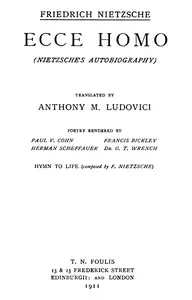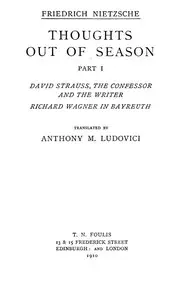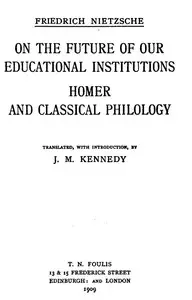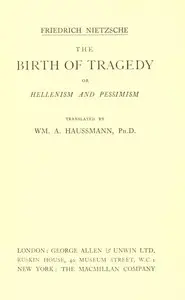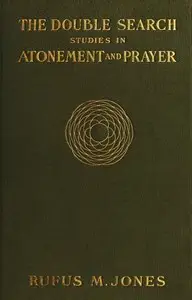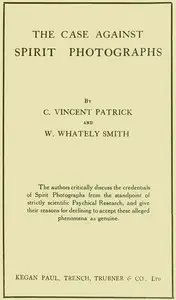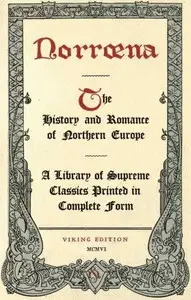"The Twilight of the Idols; or, How to Philosophize with the Hammer" by Friedrich Nietzsche is a philosophical treatise written in the late 19th century. This work serves as a critical examination of traditional values in Western philosophy and morality, articulating Nietzsche's call for a profound reassessment and "transvaluation" of these values. Central to the work is the idea that many long-held beliefs, particularly those stemming from religious and moral doctrines, have become idols that require destruction to clear the way for a more life-affirming philosophy. The opening of "The Twilight of the Idols" sets the stage for Nietzsche's sweeping critique of societal norms and philosophies that undermine individual strength and vitality. It features a translator’s preface that provides background on the work's brief composition timeframe and its significance in Nietzsche's oeuvre. The preface emphasizes Nietzsche's intent to challenge entrenched beliefs that he sees as harmful, claiming that the "old truth" is becoming irrelevant as humanity faces a new and empowered understanding of existence. Nietzsche expresses his conviction that current interpretations of morality do not serve life but rather promote a stance of decay and resentment against it. Throughout this groundwork, the author foreshadows the profound arguments he will present in the subsequent sections, illuminating his vision to invigorate human potential. (This is an automatically generated summary.)
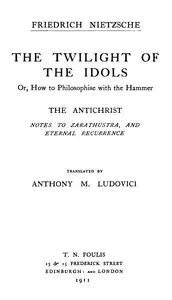
The Twilight of the Idols; or, How to Philosophize with the Hammer. The Antichrist Complete Works, Volume Sixteen
By Friedrich Wilhelm Nietzsche
"The Twilight of the Idols; or, How to Philosophize with the Hammer" by Friedrich Nietzsche is a philosophical treatise written in the late 19th centu...
Friedrich Wilhelm Nietzsche was a German classical scholar, philosopher, and critic of culture, who became one of the most influential of all modern thinkers. He began his career as a classical philologist before turning to philosophy. He became the youngest person to hold the Chair of Classical Philology at the University of Basel in Switzerland in 1869, at the age of 24, but resigned in 1879 due to health problems that plagued him most of his life; he completed much of his core writing in the following decade. In 1889, at age 44, he suffered a collapse and afterward a complete loss of his mental faculties, with paralysis and probably vascular dementia. He lived his remaining years in the care of his mother until her death in 1897, and then with his sister Elisabeth Förster-Nietzsche. Nietzsche died in 1900, after experiencing pneumonia and multiple strokes.

